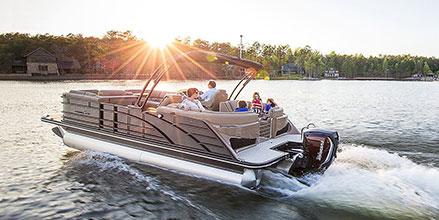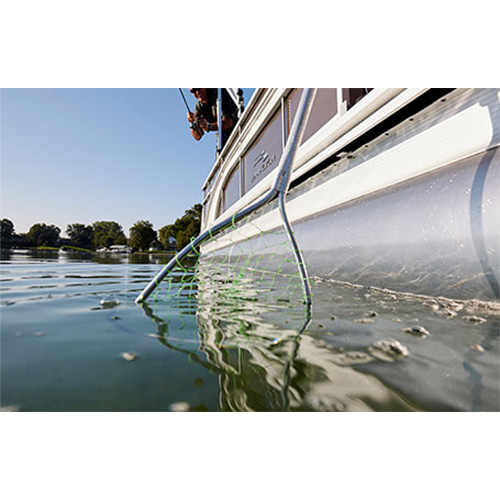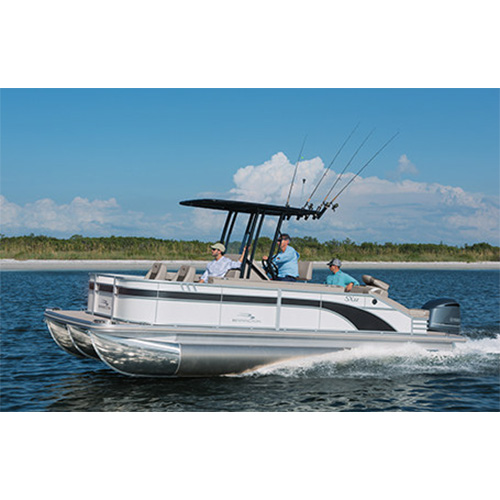
Eco-Friendly Boating: How to Go Green on the Water
Those who love boating also love the beauty and serenity of our lakes and waterways. But while enjoying nature, some boaters are unintentionally harming it. Poor boating habits can pollute the water, harm fish, birds and other wildlife, contribute to the spread of invasive species, and make our lakes ugly and unpleasant.
Every time we enter nature for fun and recreation, it’s important to be conscious of the damage we could do, and take steps to make our impact as low as possible. Please read and follow these tips to keep our lakes beautiful and alive.
Wash in a water-friendly way
Most owners like to keep their boats looking great, but washing them in the wrong way when they’re in the water can pollute the water. Use non-toxic cleaning products that are free of phosphates and other chemicals that are toxic to the environment. Try using natural cleaning solutions like vinegar and baking soda that are safe for the environment. Wash above the water surface only. Use a sponge or brush to gently remove dirt and growth from the tubes below the surface. Another good option is to trailer your boat to a do-it-yourself carwash facility with provisions for treating its wastewater responsibly.
Report leaks or spills
You should always be careful when filling fuel tanks or adding engine oil to reduce the chance of spillage. However, if you do happen to experience a spill or leak, it’s vital that you report it immediately—even if you aren’t the one responsible. The Environmental Protection Agency requires you to report spills and leaks by calling the National Response Center, which is staffed 24 hours a day. The phone number is 800-424-8802.
Stop the spread of invasive species
Non-native plants and animals that enter new areas can easily spread and cause untold damage to species that are native to the area. Many of these species attach themselves to boat props, hulls, and motors and can also be carried in bilge water. If you take your boat from one recreational area to another, you can unknowingly transport these dangerous intruders.
To avoid this, drain the bilge and live well at the lake as soon as you pull the boat out of the water. Wipe down and scrub all wetted surfaces, including the hull, prop, and lower parts of the engine, as well as the trailer and any other gear that enters the water, such as the anchor and fishing tackle. Let the boat dry out for at least a week before bringing it to another lake; the time out of the water will kill most invasive aquatic species.
Simple courtesy
We wish these final things went without saying:
- Never throw garbage into the water. Bring a trash bag with you every time you go boating, and bring it back with everything that doesn’t belong on the boat or in the water.
- Retrieve all fishing line and tackle that gets tangled on branches or structure.
- Please don’t clean fish at public docks or boat ramps and leave a mess of scales and entrails.
Those who enjoy spending time on the water have an obligation to keep it safe and clean. By using the proper cleaning techniques, reporting any spills or leaks, preventing invasive species from spreading, and behaving courteously and responsibly, you can help ensure our nation’s lakes and waterways stay enjoyable and available.
If you’re a responsible boater, we’d love to talk with you about a new pontoon boat from Bennington Marine. Find a Bennington dealer near you.












